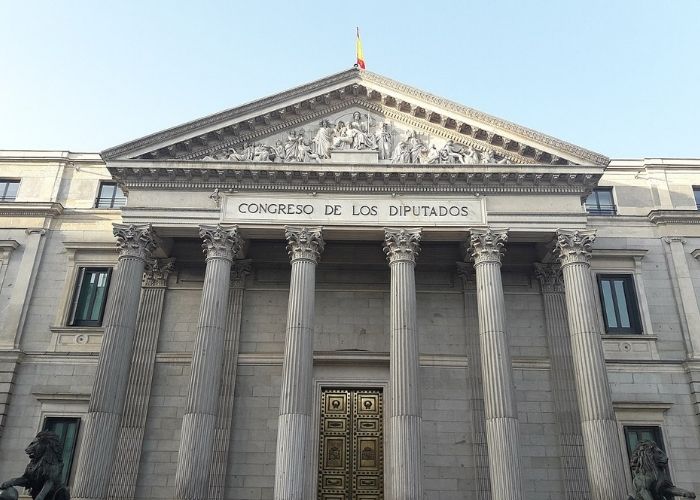MADRID – Spain has revealed that sanctions imposed by the EU on Russia have resulted in the immobilisation of 12 funds and bank accounts linked to five Russian oligarchs. In addition, 3 luxury boats were seized.
This was revealed in parliament on Monday by Óscar López, cabinet director of President Pedro Sánchez. He discussed before the National Security Commission the consequences for Spain of Russia’s military aggression in Ukraine. Furthermore, he called Russia’s aggression “unjust and illegal”.
12 funds and bank accounts of Russian oligarchs
The 12 funds and bank accounts are linked to five of the funds sanctioned by the European Union. The sanctions are coordinated by one of the working groups set up within the national security services because of the war in Ukraine.
Reception of Ukrainian refugees
Another working group is responsible for coordinating the reception of refugees arriving in Spain. According to López, there are now more than 130,000. Of these, 5,400 children already attend school in Spain.
Cybersecurity
The third of the working groups is on cybersecurity as Spain is a “potential target” of cyber-attacks by Russia as a member of the European Union and NATO. In this regard, López emphasised the major influence of misinformation and fake news in this conflict.
Consequences of Russian offensive on Spain
The consequences of the Russian offensive affect several areas in Spain, such as the economy, energy security, and migration. Spain is cooperating in this by deploying its army on the Alliance’s eastern flank as part of its deterrence and defense policy.
Óscar López provided this information in the context of the presentation of the new National Security Strategy. Its adoption was brought forward one year due to international changes, the proliferation of hybrid threats, and the impact of the Covid-19 pandemic.
Annual National Security Report
He also presented the annual National Security Report for the year 2021. This was approved on March 4 and drawn up with input from all ministries and the National Investigation Service CNI.
The annual Safety Report has been published since 2013. It analyses the main threats to Spain over the past 12 months and serves as a reference for future revisions of the strategy.
Pandemic most relevant for 2021
In 2021, the pandemic was again the “most relevant factor” for Spain, although other factors such as the evacuation from Afghanistan or meteorological phenomena such as the eruption of the volcano on La Palma have also played an important role.
Other phenomena are also highlighted in the report, such as migration, the fight against jihadism, organised crime, or the nuclear threat.
Cybersecurity Challenges
Regarding cybersecurity, López explained that the “challenges” in this area have “multiplied” in recent years. In 2021, the total number of cyber incidents has decreased (13,000 in 2020 compared to 10,831 in 2021). Despite this, the number of attacks considered critical has increased “significantly”. The sectors most affected were administration, finance and tax, and transportation.
Call for consensus
Óscar López concluded his speech by calling on the parliamentary groups for consensus on issues of national security. In particular, he requested the adoption of the draft reform of the National Security Law, which aims to guarantee essential and strategic resources in crises.


